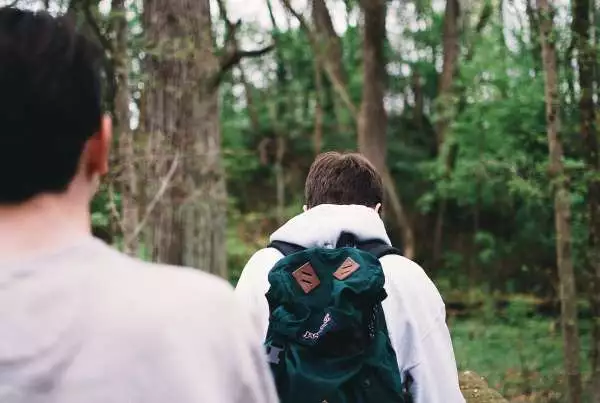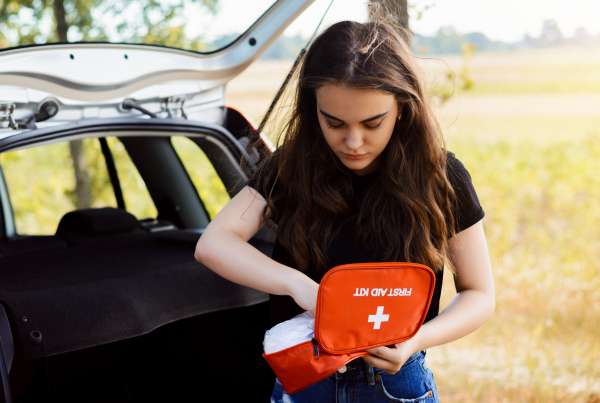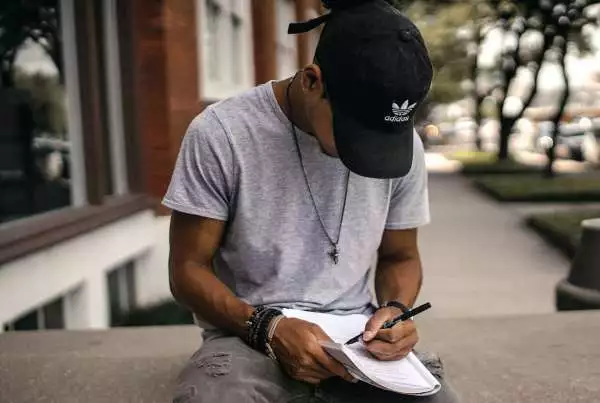There’s so much talk about the current education model and increased stress being placed  on kids, even at the kindergarten level. In our current system, we teach to the test, we encourage good grades, we chase after high API ratings in order to use them as a gauge for determining school quality, but what we are often forgetting is how this added pressure is affecting our kids. I find it hard to believe that there are so many children unable to focus and wonder if given a learning environment with less pressure, their focus would increase. Something to ponder, that’s for sure.
on kids, even at the kindergarten level. In our current system, we teach to the test, we encourage good grades, we chase after high API ratings in order to use them as a gauge for determining school quality, but what we are often forgetting is how this added pressure is affecting our kids. I find it hard to believe that there are so many children unable to focus and wonder if given a learning environment with less pressure, their focus would increase. Something to ponder, that’s for sure.
That pressure on our kids is still here and from the looks of it, it’s increasing. Since turning the clock back isn’t really an option, I suggest we begin giving our kids tools that allow them to manage the inevitable pressure of school and adolescence more skillfully. Teaching mindfulness to kids is something many professionals are talking about, both from a mental health standpoint, and from an educational one. It’s an invaluable skill that teaches one to stop and be in the present moment, sans deadlines, sans pressure, yet learning to focus on nothing but the intake and outtake of our breath. This act, in and of itself, can reteach and retrain the mind to focus more acutely.
As parents, we may be familiar with the practices of mindfulness and meditation, but at yet we so often engage in this practice without our kids. I see no real value in this, in fact, I feel it denies a child the ability to utilize one of their most valuable tools: their breath. As Sharon Salzberg says, “Our breath is portable.” It’s not a tool you have to carry in a backpack, or shoulder bag; it’s not something friends can see or make fun of; it’s a natural part of who we are as human beings and something we can engage at will. The adage “Take 10 deep breaths” can begin to mean something much deeper.
Susan Kaiser Greenland, author of “The Mindful Child: How to Help Your Kid Manage Stress, and Become Happier, Kinder, and More Compassionate” has embraced this ideology with great passion. One of the things she reminds parents is this is a “process-oriented practice as opposed to a goal-oriented practice.” Greenland says, “It is not at all uncommon for kids to have a hard time when they begin to look at their inner and outer experiences clearly without an emotional charge (or with less of one).” This can be true for adults as well! This is a call to parent from a different perspective, using patience and tolerance when faced with difficulties, less reactivity, all with the knowledge that this is all part of an emotional and worldview transformation. Susan Kaiser Greenland teaches kids skills like:
- Approaching new experiences with an open mind;
- Developing strong and stable attention;
- Seeing life experience clearly without an emotional charge;
- Developing compassionate action and relationships;
- Building communities with kindness and compassion;
- Working together to make a difference in the world;
- Expression gratitude; and
- Planting seeds of peace by nurturing common ground.
Learning to meditate and sit still is a tough task for a lot of kids–with and without issues of ADHD! I am always a little shocked when my 10-year-old sits for a full half-hour in meditation with little to no squirming, but he does it and reaps the myriad benefits. I really like this technique for getting kids ready to meditate, which Susan Kaiser Greenland calls the Pendulum Swing. (Read here for an interview with Susan and a details on the Pendulum Swing!)
The truth is, beginning to bring mindfulness to our children will provide kids with the opportunity to hone their focus, feel less stressed out by the having to multi-task at every turn, and have healthier peer and familial relationships. As parents, it helps if we remember the joys of childhood and the innate value of sand between our toes and dirt under our nails. Sometimes, we need to remind ourselves as well as our kids that great joy can be found in doing nothing. In fact, accepting what is rather than obsessing on what should be is actually liberating. Crazy, right? I don’t think so!
For more resources on Mindfulness and Meditation check out:
UCLA: Mindfulness Awareness Research Center
Insight LA – Mindfulness Based Stress Reduction (MDSR)
Against the Stream








